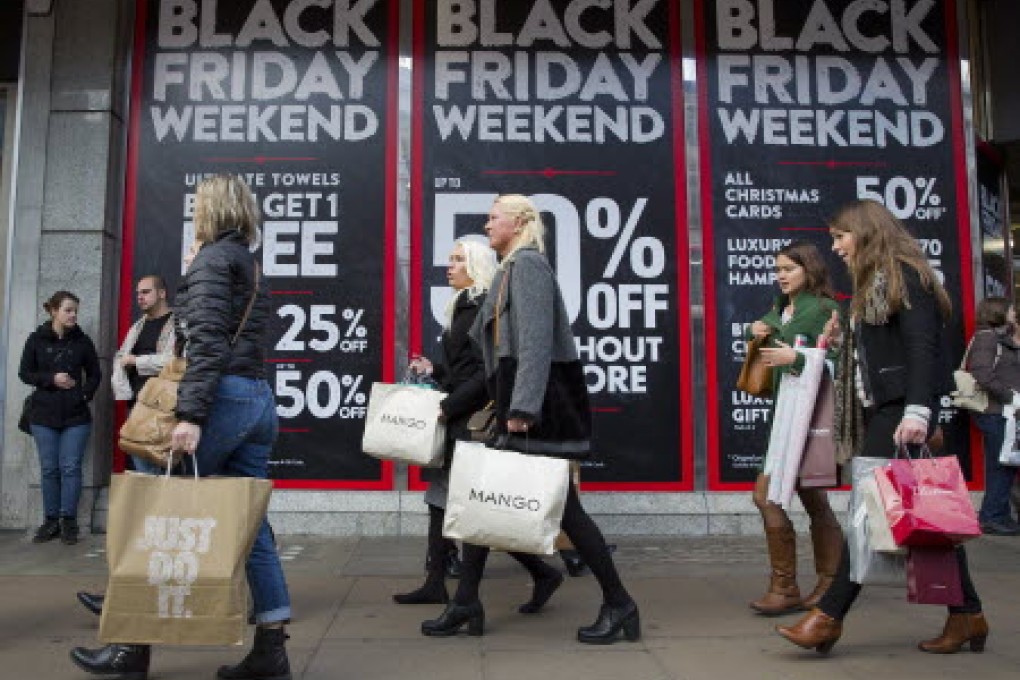The View | Transparency in pricing policies would be a good thing

Last year, as the November Black Friday crowds descended on US stores in search of bargains, a man was shot during a struggle for possession of a cut-price television set. It was worse in 2012 when two people were shot outside a Walmart store in Florida in another desperate bid for bargains. These are extreme examples of what happens when a marketing ploy gets seriously out of control.
Even without fatalities there are serious questions to be asked about a marketing gimmick that has a proven effect on stimulating sales but only does so for a single day. As we saw last week, Black Friday in the United States produced a retail sales bonanza followed by a lacklustre weekend of business in retail stores and rather dull sales for November as a whole. Analysts attribute this to buyers withholding purchases until the big bargain day.
What matters to a retailer’s bottom line are overall sales volumes; concentrating buying onto a single day hardly helps, especially if it entails heavy discounting and the threat of chaos.
However, big seasonal store sales help retailers clear-slow moving stock to make way for what they hope will be higher-margin goods. Moreover, brisk discount sales add to cash flow, something that is not to be sniffed at. These benefits to business do not appear to be that much of a trade-off and many retailers must now be ruing the day when this marketing ploy was created. Yet they do not dare break ranks and exclude themselves from the buying spree.
This reveals a problem encountered in many aspects of the selling business, namely that companies are very reluctant to be seen as failing to keep up with their competitors and thus are drawn into following rather than leading sales innovations.
It may be imagined that this kind of competition is good for consumers and in many ways it is but, lamentably, not in Hong Kong’s supermarket sector, where something close to a duopoly controls the market. What happens here is that the two operators closely coordinate prices and have shown their ability to punish suppliers who provide goods to rivals offering lower prices.
This price control is even more dramatically seen in petrol retailing where an unofficial cartel ensures there is no price competition whatsoever and that even, as is the case now, when the price of the raw material is rapidly falling, petrol buyers scarcely see any benefit. However, when crude oil prices go up the hapless customer is quickly faced with higher prices.

